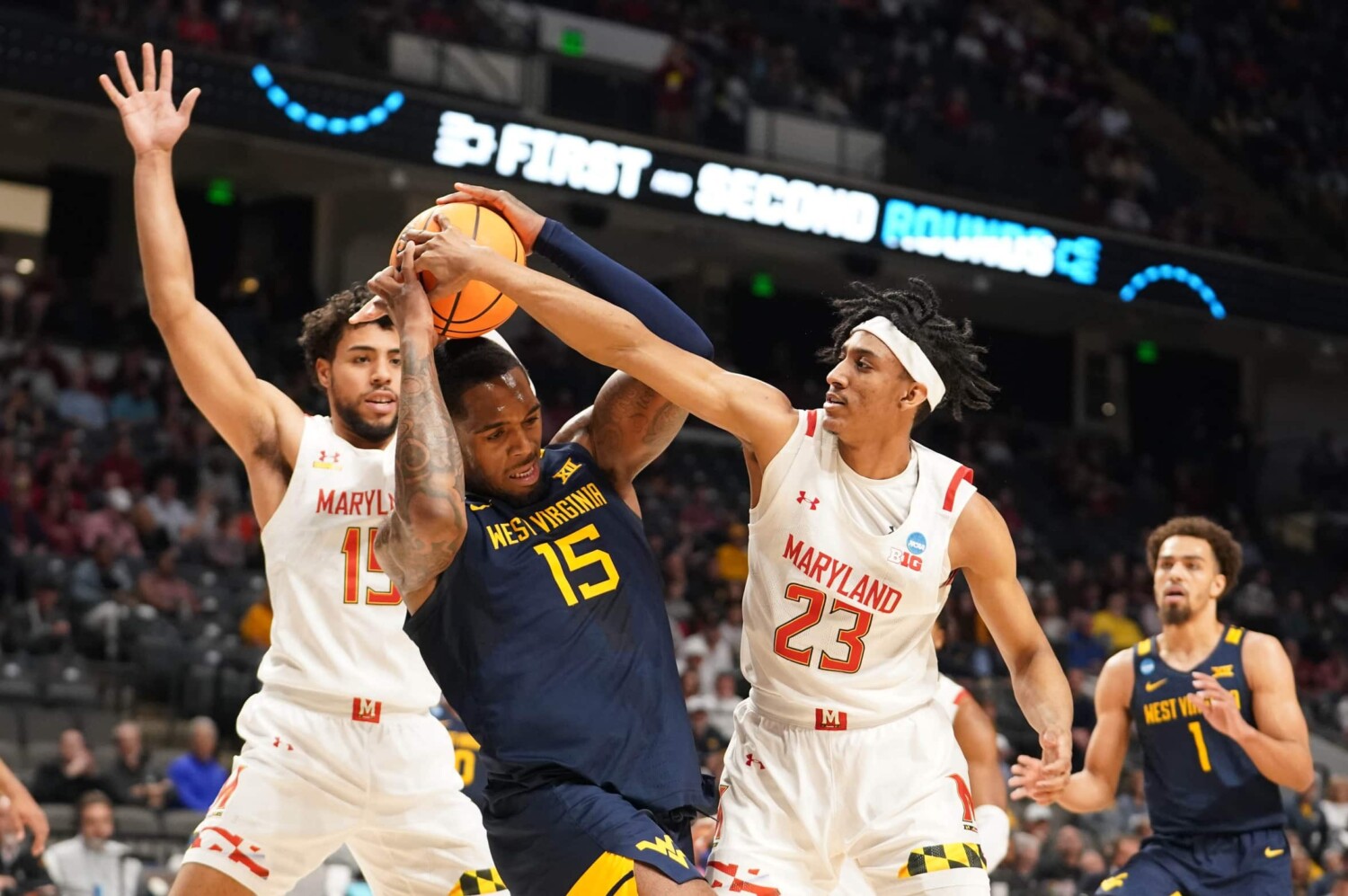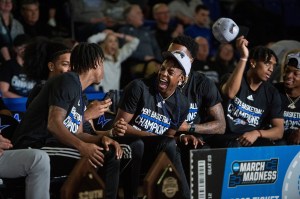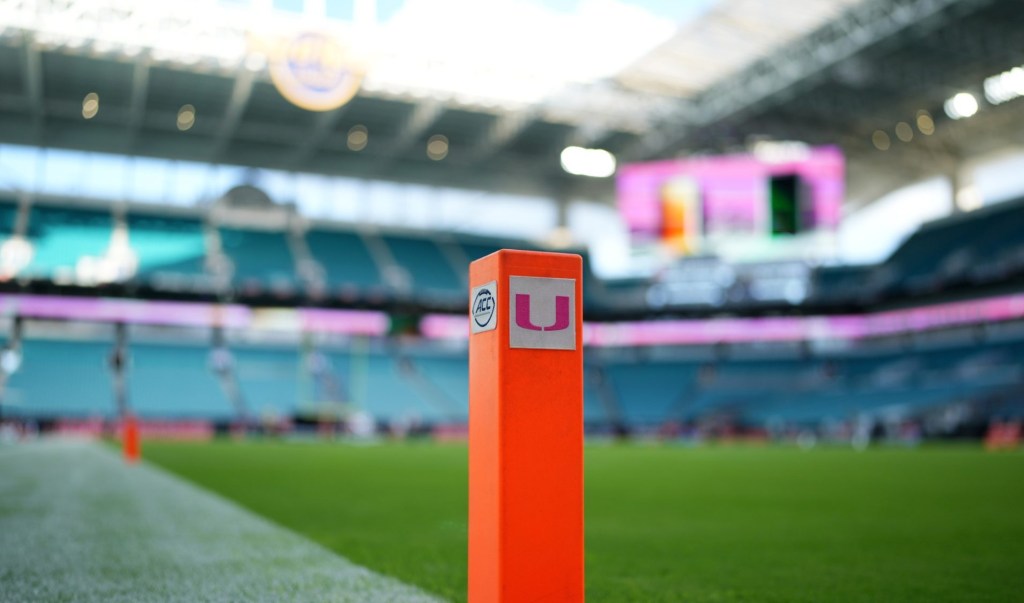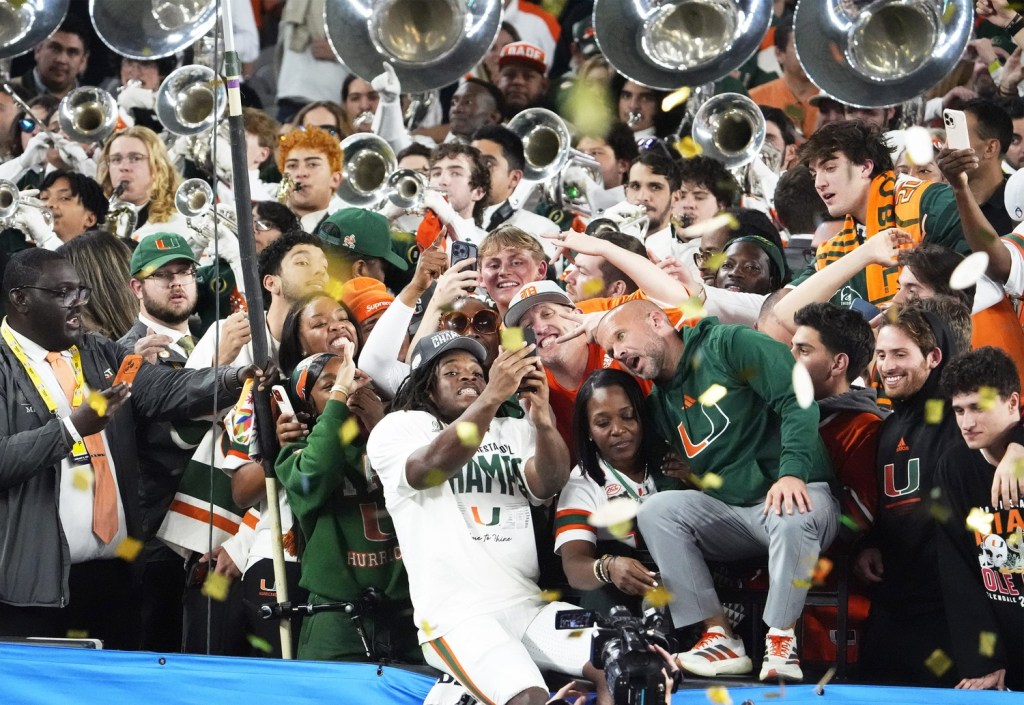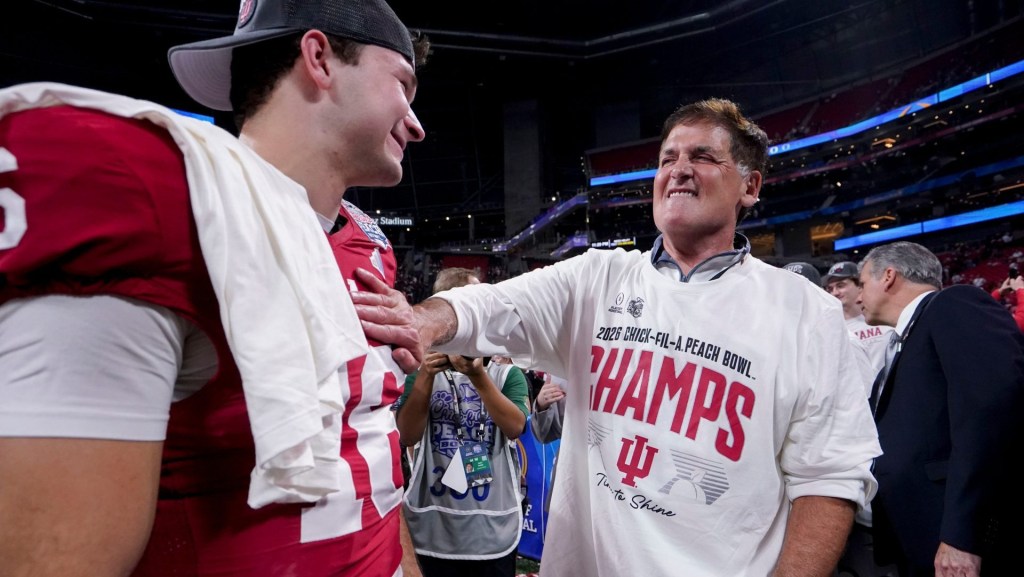Office pools are a March Madness tradition in many workplaces, but the hours spent filling out brackets take a sizable chunk out of the workday, according to one firm’s analysis.
U.S. employers lose $17.3 billion in productivity, per estimates by Challenger, Gray & Christmas.
The firm arrived at that figure using a 2018 survey from Quickbooks, which found that March Madness research and watching soaks up 25.5 minutes per workday for those who participate, and that 48% of U.S. workers spend on-the-clock hours on brackets and other March Madness activities.
Multiplied over 16 workdays across the tournament and an average hourly wage of $33.09, the firm arrived at $17.3 billion, up $1 billion from last year due to an addition of 2.7 million people to the American labor force.
The tournament, of course, is an economic engine as well.
Television rights held by CBS and TBS bring in $771 million annually on a 14-year deal signed in 2010. That accounted for the bulk of the $1.1 billion the NCAA made last year on the tournament, with sources like ticket sales and corporate sponsorships added in.
In 2016, the NCAA agreed to an eight-year extension with CBS and TBS that will run up to 2032 at an annual rate of $1.1 billion.
